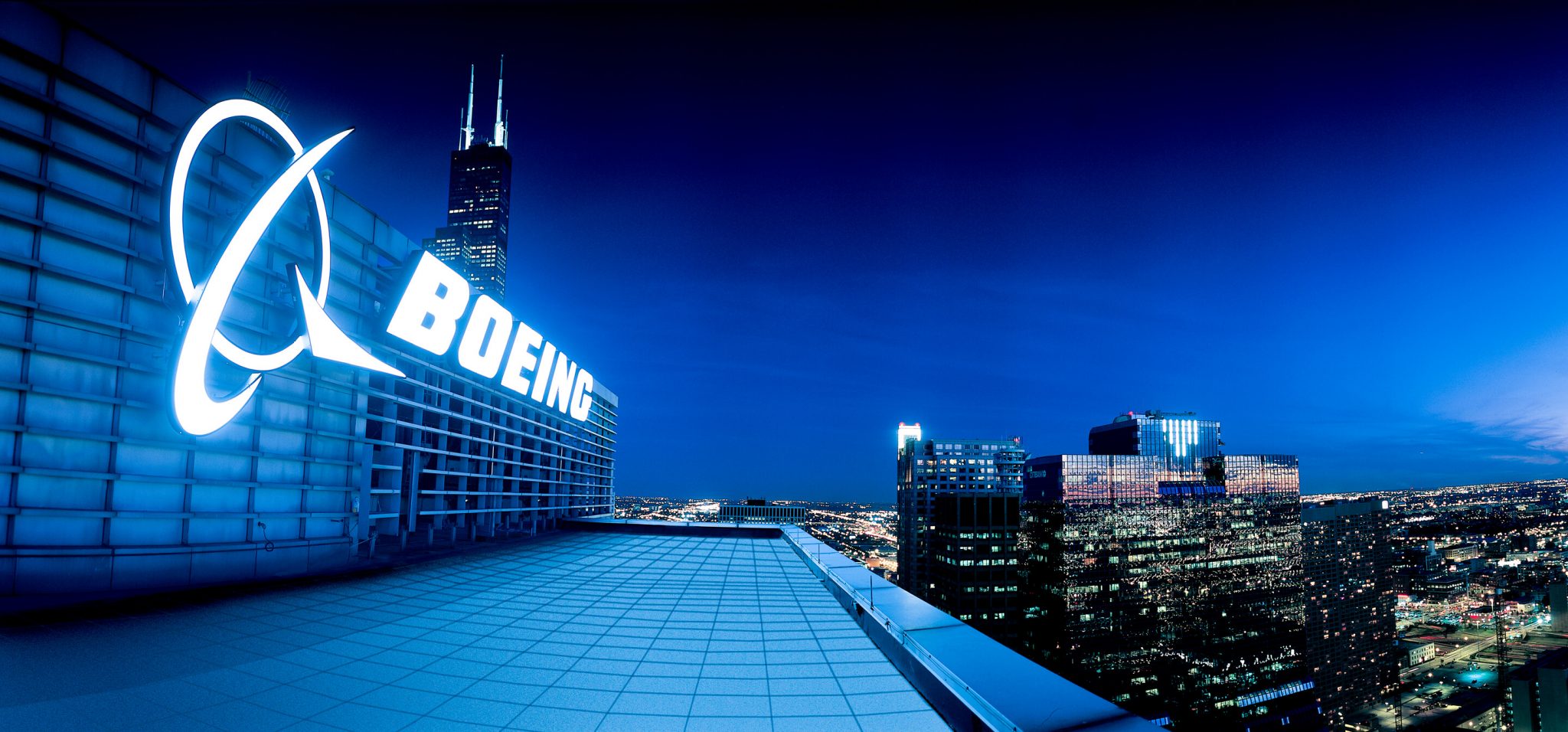In a statement, the US Federal Aviation Administration (FAA) revealed a further potential risk with the 737 Max aircraft that it says Boeing must mitigate. Further details on the risk were not disclosed. Boeing’s response stated that the FAA had identified an additional requirement that it has asked the company to address “through the software changes that the company has been developing for the past eight months”, adding that it agrees with the FAA's decision and request, and that it is working on the required software, which “will reduce pilot workload by accounting for a potential source of uncommanded stabilizer motion”.
In its statement, the FAA reiterated that it is following a “thorough process, not a prescribed timeline, for returning the Boeing 737 Max to passenger service”, adding that the agency will lift the aircraft’s prohibition order “when we deem it is safe to do so”. The FAA is continuing to evaluate Boeing’s software modification to the MCAS and stats that it is “still developing necessary training requirements” and is responding to recommendations received from the Technical Advisory Board (TAB) – an independent review panel the FAA has asked to review its work regarding 737 Max return to service.
Boeing again stated that it will not offer the 737 Max for certification by the FAA “until we have satisfied all requirements for certification of the Max and its safe return to service”.
At its second Boeing 737 MAX Summit held on June 26, the International Air Transport Association (IATA) urged state aviation safety regulators to continue to align on technical validation requirements and timelines for the safe re-entry into service of the Boeing 737 Max aircraft.
“The Boeing 737 MAX tragedies weigh heavily on an industry that holds safety as its top priority. We trust the Federal Aviation Administration, in its role as the certifying regulator, to ensure the aircraft’s safe return to service. And we respect the duty of regulators around the world to make independent decisions on FAA’s recommendations,” said Alexandre de Juniac, IATA’s Director General and CEO.
“At the same time, aviation is a globally integrated system that relies on global standards, including mutual recognition, trust, and reciprocity among safety regulators. This harmonized structure has worked successfully for decades to help make air travel the safest form of long distance travel the world has known. Aviation cannot function efficiently without this coordinated effort, and restoring public confidence demands it,” said de Juniac.
IATA reiterated the need for alignment on additional training requirements for Boeing 737 Max flight crew.

